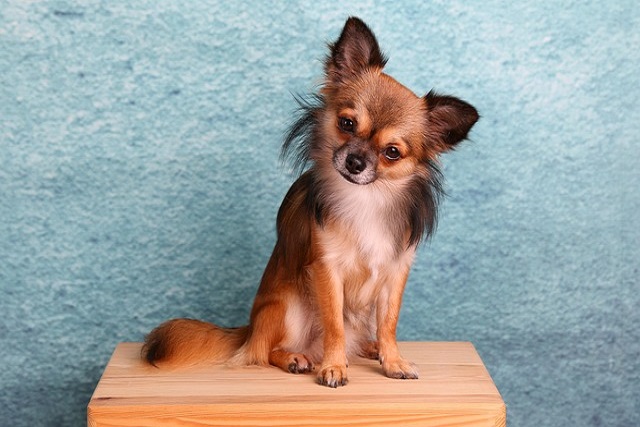
Would veterinarians recommend using dental cleaning sticks for pet dogs
If you’ve ever stood in the pet store, staring at a wall of dental chews while wondering if they’re worth the money, you’re not alone.
You’re in the kitchen prepping dinner when you notice it—your dog’s latest potty break left a messy surprise: diarrhea. But here’s the confusing part: they’re still wagging their tail, begging for treats, and zooming around like nothing’s wrong. As a new dog owner in the US, moments like this can leave you wondering if you should panic or stay calm. Let’s break down what to do when your dog has diarrhea but seems perfectly happy otherwise.
Diarrhea in dogs often happens when their digestive system hits a speed bump. Their bodies are designed to flush out irritants quickly—think of it like a “reset button” for their gut. Common triggers include sudden diet changes (like switching kibble too fast), table scraps (even a tiny piece of greasy pizza can upset them), or mild infections from sniffing around dirty areas. My neighbor’s golden retriever got diarrhea after raiding the trash for leftover turkey, but he perked up in 24 hours with simple care. As long as your dog is eating, drinking, and acting normal, their body is probably handling the issue on its own—no need for immediate panic, but you should still pay attention.
Practical steps start with gentle diet adjustments. Skip their regular food for 12-24 hours to let their gut rest, but never withhold water—dehydration makes things worse. Offer small sips frequently, or add a splash of low-sodium chicken broth to encourage drinking. After the fast, introduce a bland diet: boiled white rice and plain, unseasoned chicken (no bones!), fed in small portions. My vet recommended this for my terrier when she had diarrhea, and it settled her stomach in two days. Avoid dairy, spices, or fatty foods—they’ll only irritate more. Keep a “poop journal” to note frequency and consistency; improvement should happen within 48 hours. If it lasts longer, or if you see blood/mucus, call your vet—it could mean parasites or a bacterial infection needing medication.
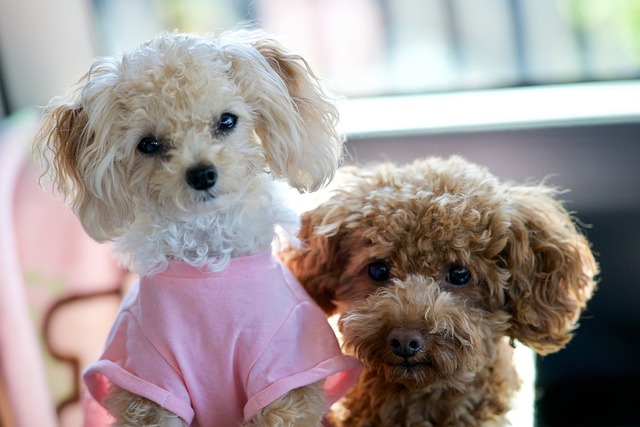
Legally, responsible care includes basics. Ensure your dog’s rabies vaccine is up-to-date (required in all US states) even when they’re under the weather—fines apply for lapsed shots. When walking, always clean up diarrhea immediately with extra-strong poop bags (neighbors will thank you, and it’s the law in cities like Denver). Culturally, kindness matters: never scold a dog for accidents—diarrhea isn’t “bad behavior,” and punishment only stresses them, making recovery slower. Instead, praise them when they use their potty area, even if it’s messy. In apartments, clean accidents with enzymatic cleaners to remove odors (prevents repeat incidents) and open windows briefly to air out smells—considerate for neighbors sharing walls.
Most mild diarrhea clears up with rest and bland food. By staying calm, monitoring closely, and keeping up with legal and cultural responsibilities, you’ll help your pup bounce back to their playful self in no time.

If you’ve ever stood in the pet store, staring at a wall of dental chews while wondering if they’re worth the money, you’re not alone.
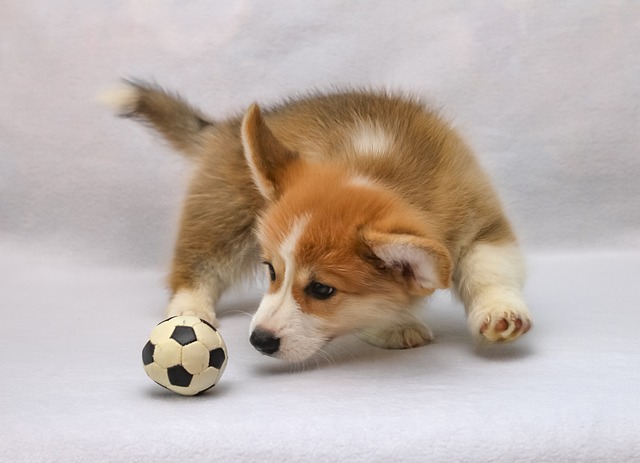
Walk down any pet store aisle, and you’ll see shelves lined with dental chews—colorful, bone-shaped treats promising to clean teeth and freshen breath.
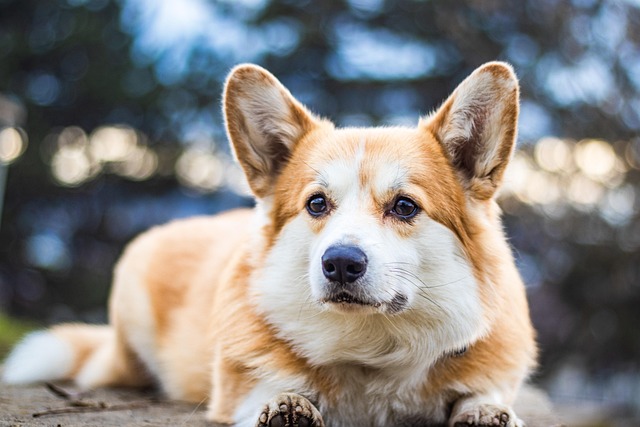
If you’ve ever struggled to brush your dog’s teeth—dodging wiggly heads, slobbery paws, or the occasional playful bite—you’ve probably wondered about easier alternatives.
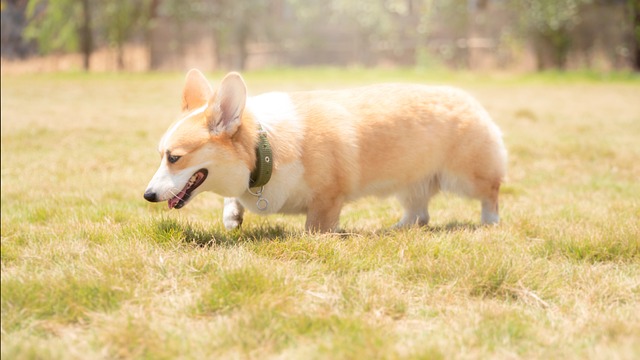
Finding your dog lethargic, with dry gums and sunken eyes, is enough to make any new pet owner panic. Dehydration creeps up fast
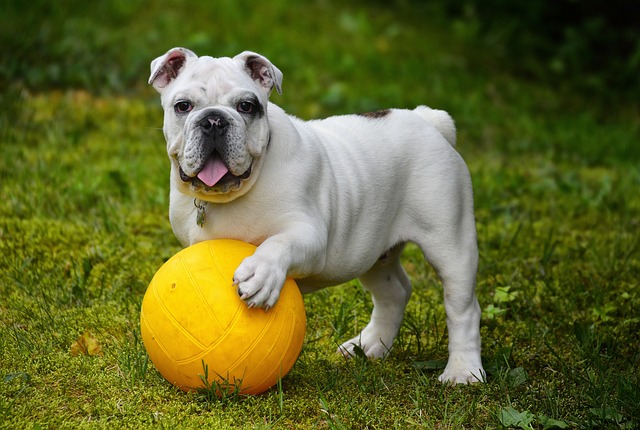
Watching your golden retriever scratch his ears raw after meals or sprint to the backyard with digestive urgency turns dinnertime into a nightmare.
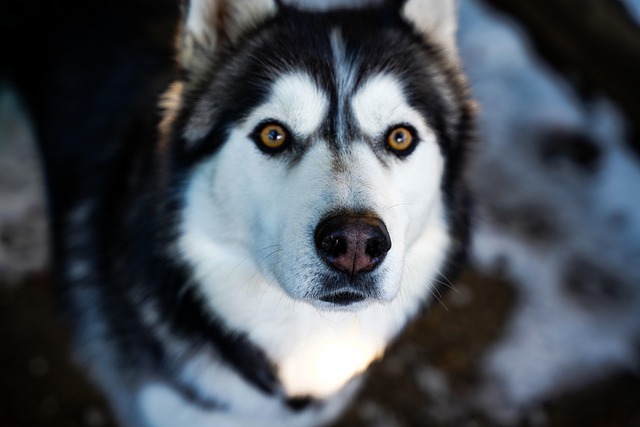
There’s something undeniably captivating about a husky’s gaze, and when those eyes are a rich shade of brown, it’s like stumbling upon a hidden gem.